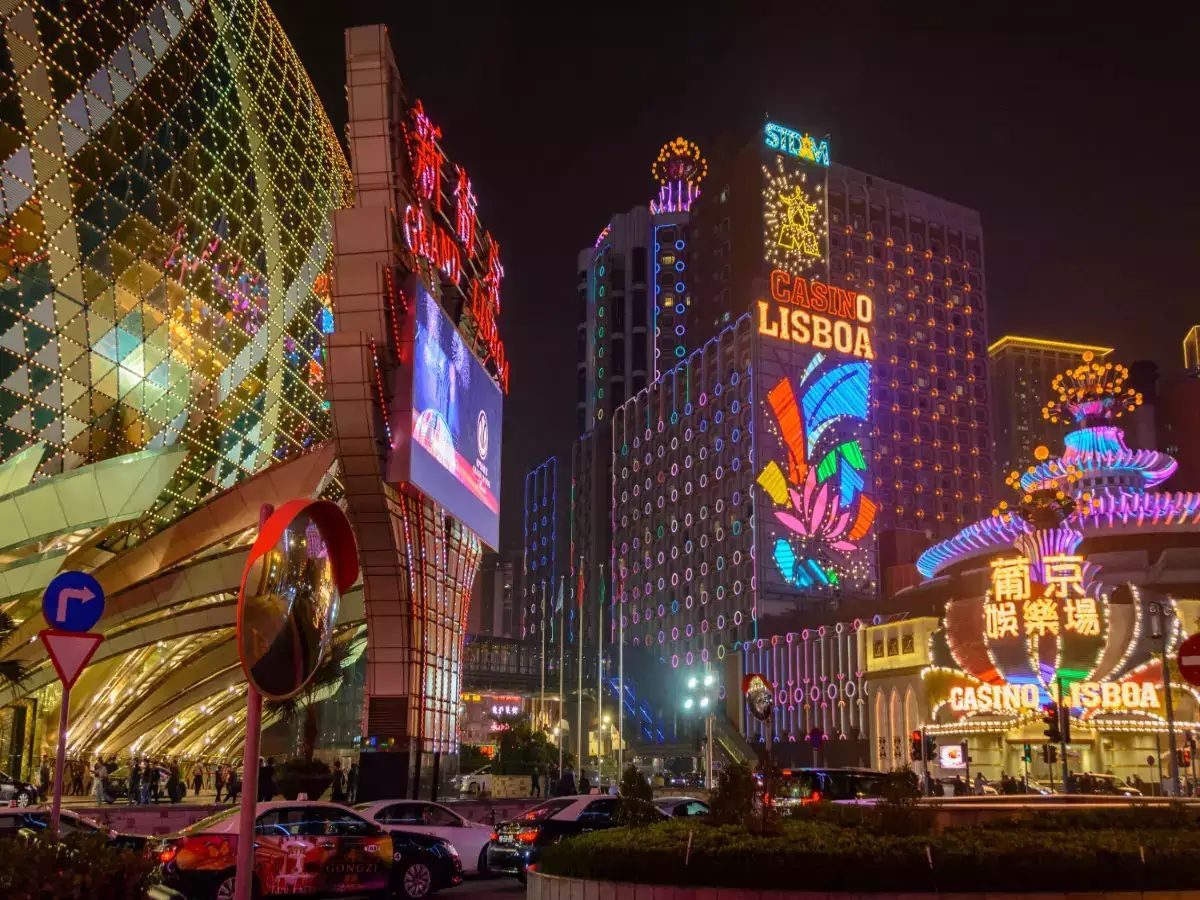Posted on: September 6, 2022, 07:45h.
Last updated on: September 6, 2022, 02:27h.
Macau’s new gaming laws, which go into effect next year, include drastic cuts in gaming machines and tables. As a result, gaming equipment suppliers once based in the Chinese SAR are packing up and moving elsewhere.

There was a time when Macau’s gaming industry was bigger than others, including that of Las Vegas. Before COVID-19 and increased intervention from the mainland, its market enjoyed annual revenue of $36 billion.
That has changed with the new gambling regime coming. Bloomberg reports that this is causing Light & Wonder and other suppliers to look for more promising areas in which to set up shop.
Gaming Suppliers Skip Town
Jay Chun, chairman of the Macao Gaming Equipment Manufacturers Association, told Bloomberg there are at least four multinational gaming suppliers ready to move out of the city. He believes that more will also flee.
Light & Wonder has its eyes on the Philippines. Another unnamed equipment manufacturer, only described as being a Japanese firm, is sending around 30% of its workforce to the Philippines and Singapore. It has also redirected over 50% of its inventory elsewhere because of supply chain issues in Macau.
Singapore and the Philippines are growing exponentially. Macao has already lost its shine,” stated Chun.
Macau expects gaming equipment suppliers to offer only innovative, advanced electronic gaming machines (EGM) to the city. It will also demand casino operators include additional responsible gambling measures, such as clocks, on all machines.
In order to meet Macau’s new rules, any new games suppliers submit must meet these and other stringent EMG Technical Standards 2.0. By the end of next year, at least 40% of the installed machines must meet the requirements.
Casinos then have another year to be 100% compliant. It’s a slow process, although Light & Wonder was the first supplier to receive 2.0 accreditation when its Carnival Cow slot was approved in May.
In addition, Macau will limit the total number of gaming tables to 12,000 going forward. Gaming tables will be capped at 6,000.
Three years ago, there were 17,000 slots and more than 6,700 tables. However, the financial burden amid reduced revenue, which already produced a reduction in gaming options, has many companies seeing less value in the city’s gaming industry.
Macau Slow to Recover
Not everyone is ready to exit Macau. Melco Resorts & Entertainment said last month it is considering moving its headquarters from Hong Kong to Macau. That move is to appease the US SEC.
Even as Melco contemplates a relocation to the city, gaming revenue in Macau remains subdued. This is mostly a result of the COVID-19 pandemic, which continues to threaten the city directly. It’s also partly because of China’s zero-COVID-19 policy that continues to impact travel.
Slot machines haven’t been a huge moneymaker for Macau, providing only 5% of its total gaming revenue in 2019. Macau is forcing more changes on its gaming operators, and the city is moving away from VIPs in favor of mass-market gamblers. As a result, slots will become more important for generating revenue.
Bloomberg highlights the changing Asian gaming environment by pointing to G2E Asia, the annual gaming expo. Singapore’s Marina Bay Sands hosted the conference last month, the first time Macau didn’t. No Macau gaming supplier was present.
Singapore Catching On
The transition will undoubtedly benefit countries like the Philippines and Singapore. Both are ready to increase their positions in the global gaming environment, and Singapore, in particular, is lowering the barrier to entry.
Last week, the country announced its new Overseas Networks and Expertise (ONE) program. This allows expats to bypass much of the bureaucratic red tape and find employment.
What we are really hoping to bring to Singapore are the rainmakers. It is an offensive strategy for us,” Singapore Minister of Manpower Tan See Leng told Bloomberg.
The ONE pass allows certain qualified expats to easily receive a five-year work visa. It also includes a caveat for their immediate family to gain access to employment opportunities.
Those positions that pay at least SG$30,000 (US$21,431) will be able to attract foreign workers. Authorized fields include “business, arts and culture, sports, science and technology, and academia and research,” according to the government’s description.
The program will officially kick off early next year, though it might be too early to start applying. The average salary in Singapore is around SG$8,450 (US$6,220), which means many people may not qualify.
